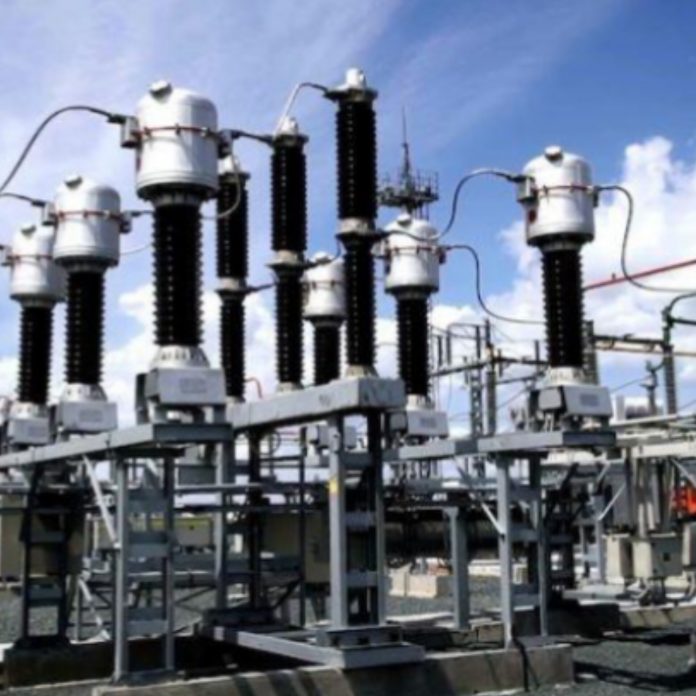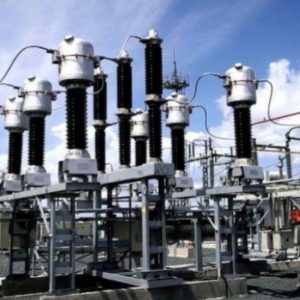Power grid
The Nigerian electricity sector has remained a blight for an otherwise promising country but doubly cursed with succession of self-serving incompetent leaders, and zombie citizens susceptible to ethnic, religious manipulation by political cliques.
After over N7.2 trIllion subsidies, the electricity ecosystem remains what it has always been inefficient, and malfunctioning such that future generation will have to cough out repayments of $5.7billion World Bank, AfDB loans, and other N2.3 trillion debts.
NATIONAL WAVES is highly miffed that the country after 60 years of nationhood will have to continue to grapple with incessant national grid collapse, inefficient and ruptured supplies issues.
This newspaper can not but sympathize with Nigerians and businesses who are victims of avoidable blackouts that have become the norm, and it’s a matter of regrets for stakeholders and indeed all Nigerians who have continued to rue inefficiency and the fate of consumers, and their unabating losses
It can only be the shame of the nation that since 2013 this country has gone through the crucible of 160 grid collapses which has cost GenCos N229.6 billion
Burdened by this inefficiency, consumers have continued to raise fundamental questions around the unbundling of the power sector, the politics of it, and the nepotism and ‘padi padi’ factor which was the main consideration instead of competence and financial and technical know-how in the sales of the distribution companies.
Nigerians are beginning to raise question over the multi-year tariff structure of the Nigerian Electricity Regulatory Commission (NERC).
This without any doubts have provided cover for DISCos inefficiency, poor financial standing, misplaced resources and a kind of harbouring of the weaknesses of electricity companies, especially the distribution companies (DisCos) and the Transmission Company of Nigeria (TCN).
As it stands now, electricity consumers have been bearing the brunt of the cost of N50 per kilowatt hour (kWh) for gas supply and N70/kWh as power generation costs while transmission contributes N11/kWh. Distribution cost is N77/kWh, bringing the composite tariff to N208/kWh.
It should be of interest to consumers that the components in calculation by NERC across the spectrum or value chain encompasse return on investment, and aggregate technical, commercial and collection (ATC&C) losses of the DisCos, which stood at 39.1 per cent as of the third quarter of 2024.
What this means is that the ATC&C losses by implications is that for every N100 worth of energy the DisCos take, about N40 is unaccounted for but is wickedly passed down the consumers.
Without equivocation since 2013 privatisation, the power sector has garnered over $5.7 billion in debts from the World Bank, African Development Bank and deposit money banks in addition to N2.3 trillion facility secured from the Central Bank of Nigeria (CBN).
Ruefully transmission and distribution capacity is deficit and begging for answer as to what happened to the huge funds expended on turning them around, as they not only remains weak, but has also forced consumers to bear the cost of poles, wires, meters and transformers, while the power supply remains unreliable.
Surprisingly , NERC’s tariff structure has not left out charges for debt repayment on poorly utilised loans.
As stated earlier, national grid has messed up over 160 times since 2013 forcing the generation companies (GenCos) to repeatedly repair their equipment and lose N229.6 billion yearly according to the Association of Power Generation Companies, these costs are also transferred to consumers.
The development, which may worsen if the NERC and the Federal Competition and Consumer Protection Commission (FCCPC) fail to act fast, also places the burden of shrinkage, and transmission losses on the TCN while administration costs are passed to consumers.
We can not continue in this ruinous path, we need further reform of the sector. The federal government must revisit the privatisation of the sector and it is a task that is urgent and be squarely addressed.
No nation can develop when its energy and power sector is in ruins, this is a truism beyond contestation.
Right from the Obasanjo era when the alleged sum of 16 billions dollars though officials of the administration say the figure was actually 6 billion, the fact remains that billions of dollars have been sunk into it without results, and we are yet to see any public officials in jail for mismanaging the funds.
Tinubu must show courage and get the power sector right for posterity sake and his own place in history.


